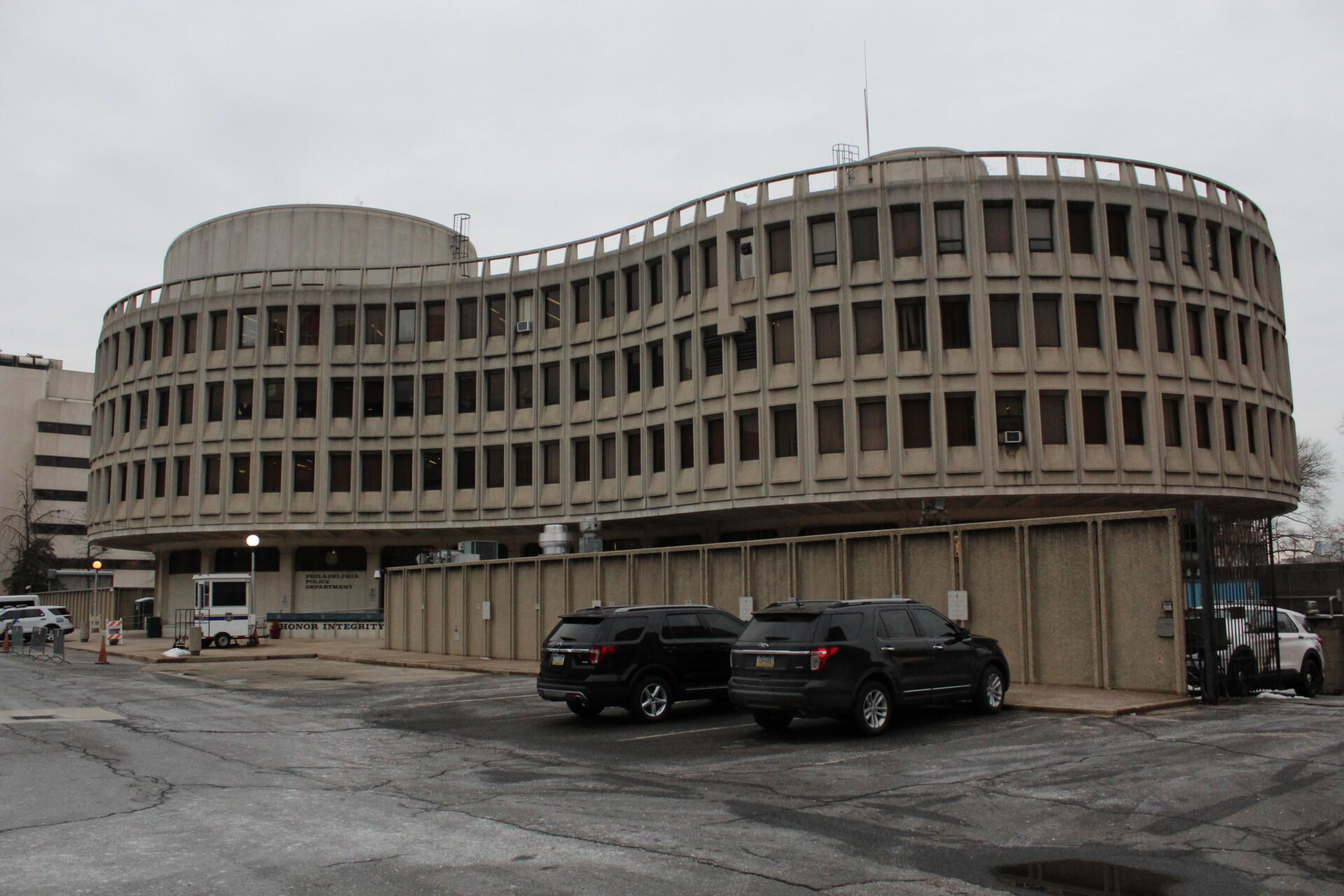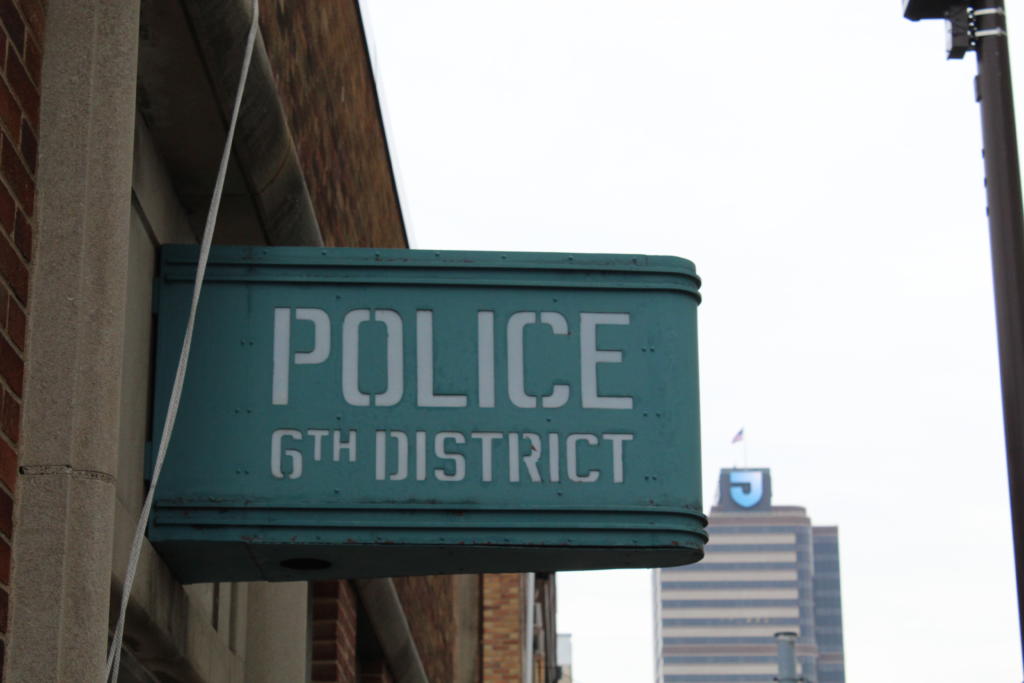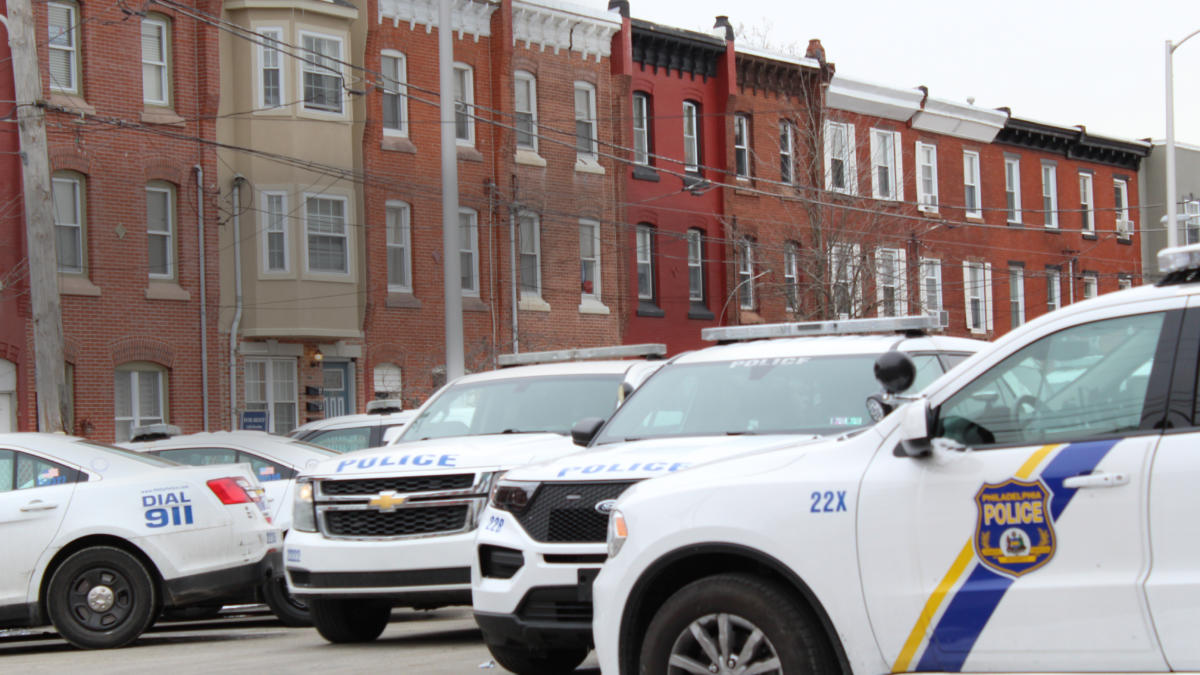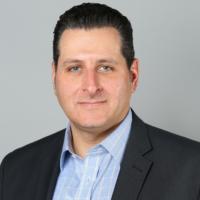Philadelphia recently continued to show gaps in public oversight. Amid calls for the police commissioner to resign, the city’s growing murder crisis is already up 46 percent from last year’s record-setting rate.
At the same time, a scandal surfaced that showed the mayor and City Council entrusted the roll out of COVID vaccines to a 22-year-old huckster with no health-care background. Furthermore, a report paid for by the City Controller’s office showed how the city failed to prepare for a constant barrage of unlawful protests following the death of George Floyd in Minnesota. When looking at these latest examples of ethical mismanagement in a city with America’s fourth-highest tax burden, citizens are left wondering why the city doesn’t have an effective watchdog.
In the federal government and most large state and city jurisdictions, this watchdog comes in the form of an independent Office of the Inspector General. While Philadelphia has an Office of the Inspector General, it doesn’t have the independent authority, budget, or manpower that its peers have, rendering it unable to root out the culture of waste, fraud, and abuse that plagues our city.
In looking at cities that have reformed entrenched cultures of corruption; oversight through the Inspector General was an effective mechanism. New Orleans, known for corruption, acted on numerous reports of graft following Hurricane Katrina, which led to the conviction of Mayor Ray Nagin. This forced the Big Easy’s political machine to accept the oversight of independent Inspectors General at the city and state levels. Similarly, Massachusetts appointed a state Inspector General after the massive fraud highlighted in the “big dig” scandal. In Detroit, the city’s legacy of corruption from Mayors Coleman Young to Kwame Kilpatrick led to the largest municipal bankruptcy in American history, leading to a city Inspector General that is so transparent that land bank homes are listed on a public bid website for anyone to use freely.
In contrast, Philadelphia spends millions of your tax dollars to appear ethical, but has yet to enact a law that gives its watchdogs any teeth needed to root out waste, fraud and abuse throughout city government. Philadelphia currently has a mayor-appointed Inspector General, Chief Integrity Officer, an Ethics Board, and an elected City Controller – none of whom have independent authority to audit, investigate, and act on public integrity matters.
Despite our high tax burden, Philadelphia has a massive pension shortfall and has one of the lowest performing school districts in the nation, despite spending $12,570 per pupil each year.
To illustrate this, the Chief Integrity Officer is a former acting water commissioner, and has never served as a prosecutor or law enforcement officer. The ethics board cites violations in relation to campaign finance laws, but the fines are normally negligible, leaving violators to simply pay their fines as a “cost of doing business,” so they can be re-elected despite their violations. When not opining on social justice, the City Controller’s office is tasked with conducting fiscal audits on city agencies.
This brings us to the Office of Inspector General (OIG), previously led by a former Assistant U.S. Attorney Amy Kurland. Following her appointment by Mayor Michael Nutter, a bill to give Kurland’s office the independent authority needed to audit and investigate all city agencies was denied. Among the City Council votes that denied Philadelphia from implementing the independent Inspector General was then-Councilman Jim Kenney. Ironically, when Kurland resigned in 2020, Kenney replaced her with Alexander DeSantis – a deputy of Kurland’s with a conspicuously light resume in comparison to his predecessor. Normally, when a key official with 12 years of service resigns, a national search is created for their replacement. For example, when New Orleans long-time Inspector General Ed Quatrevaux retired for health reasons, he was replaced by Howard Schwartz, who was selected by Quatrevaux as his Deputy Inspector General for Investigations because Schwartz was formerly the FBI agent who brought down Mayor Nagin.
DeSantis, while having a law degree, has no record of service as a prosecutor, law enforcement investigator, or leading an anti-corruption agency – like the Chief Integrity Officer. Therefore, the Inspector General’s Office is not – nor has ever been able to investigate waste, fraud, and abuse outside the executive branch. This leaves the city’s elected offices and school district outside their jurisdiction. Furthermore, the Inspector General has no arrest authority, so they have to refer cases to the district attorney or outside agencies like the state attorney general or U.S. attorney when they find criminal behavior; and have to use detailed detectives from the Philadelphia police when doing so. This creates potential conflicts of interest considering the fact that the mayor, district attorney, and all but three Council members were elected on the same party ticket.

These conflicts are nothing new to most Philadelphians
Philadelphia’s relationship with corruption and mismanagement is split between the weathered native who accepts corruption as a way of life, and a new generation of transplant voters who see a recent insurgency by progressive officials like Council members Helen Gym and Kendra Brooks, District Attorney Larry Krasner and Controller Rebecca Rhynhart as a sign that the city is moving in their preferred direction. These hopes, however, are met with little evidence that Philadelphia city government is instituting transparency and oversight.
The most notable example of this progressive insurgency came via the election of District Attorney Larry Krasner, who promised to “reform the criminal justice system.” Despite these promises, Krasner’s office has contributed to record homicides and a myriad of internal scandals in his administration. Similarly, Council members Gym and Brooks, while very vocal about national talking points on Twitter, have done nearly nothing to stem the runaway train of fiscal and operational municipal mismanagement that is in their charge.
Rhynhart’s latest report on the city’s handling of unlawful protests in 2020 was the product of a no-bid contract to Ballard Spahr, a politically connected law firm at the center of some of the city’s most wasteful spending scandals, and was based in narratives regarding the use of tear gas on “peaceful protesters” and “deep-seated problem of structural racism,” none of which were proven in a court of law nor under the official purview of the city controller’s office.
Over the last decade, Philadelphia has had more officials indicted, convicted, or implicated in corruption scandals than any other jurisdiction in America.
Despite our high tax burden, Philadelphia has a massive pension shortfall and has one of the lowest performing school districts in the nation, despite spending $12,570 per pupil each year. Over the last decade, Philadelphia has had more officials indicted, convicted, or implicated in corruption scandals than any other jurisdiction in the U.S. This can only be attributed to the mismanagement and corruption embedded deep in the city’s political infrastructure. Recent indictments of the city’s largest political donor, Local 98 union boss John Dougherty and City Councilman Bobby Henon, highlight the rampant conflict of interest that almost every elected official in the Philadelphia government has. This is not only evident in examining who received donations from local 98, but by the mere fact that Henon was allowed to remain on the Local 98’s payroll while serving as an elected City Councilman.
This is amplified by the fact that the city’s Home Rule Charter, making it the state’s only “city of the first class,” has limited state and county oversight mechanisms that enable bipartisan or apolitical checks and balances. This only gets worse when you note that the U.S. Attorney acting as a check and balance to our reckless local criminal justice policies has resigned pending replacement by the Biden administration, and the State Attorney General’s office hasn’t initiated a noteworthy corruption case in the state’s largest city since before his predecessor was indicted.

If Philadelphia was serious about reform, it would follow the recommendations of the ethics community and make the Office of Inspector General a permanent, independent agency with the authority to investigate all branches of city government. This means Philadelphia should copy the best practices of places like New York, Florida, and the federal government; where Inspectors General are appointed to six-year terms with the authority to investigate all agencies, employees, and vendors funded by the city – up to and including the mayor, City Council, sheriff, district attorney, and local judiciary.
Stephen Street, Louisiana State Inspector General and President of the Association of Inspectors General, said, “In my view, the single most important requirement for any Office of Inspector General to be successful is independence.”
In not having an independent Inspector General, Philadelphia is entrusting elected officials with conflicts of interest to end the policies that may benefit them or their associates. While the current Office of the Inspector General has proved capable in rooting out individual acts of corruption within executive branch agencies, it currently has no authority to investigate school district waste and mismanagement, land bank hoarding by City Council, millions in missing auction funds and no bid contracts at the Sheriff’s Office, dangerous selective enforcement policies by the District Attorney’s Office, and/or a reckless lack of bail and condition of release enforcement policies of the First Judicial District.
“Without independence, you have the mere appearance of oversight, and that is much worse than no oversight at all,” said Inspector General Street.
If “the definition of insanity is doing the same thing over and over again and expecting different results,” then it may be insanity for Philadelphia voters to continue voting for the politicians responsible for a culture of ethics which has brought about dysfunction. This raises the question as to why Philadelphia’s leaders are paying four different agencies for an “appearance of oversight,” when much smaller cities are actually achieving it successfully with one independent Inspector General’s Office.





